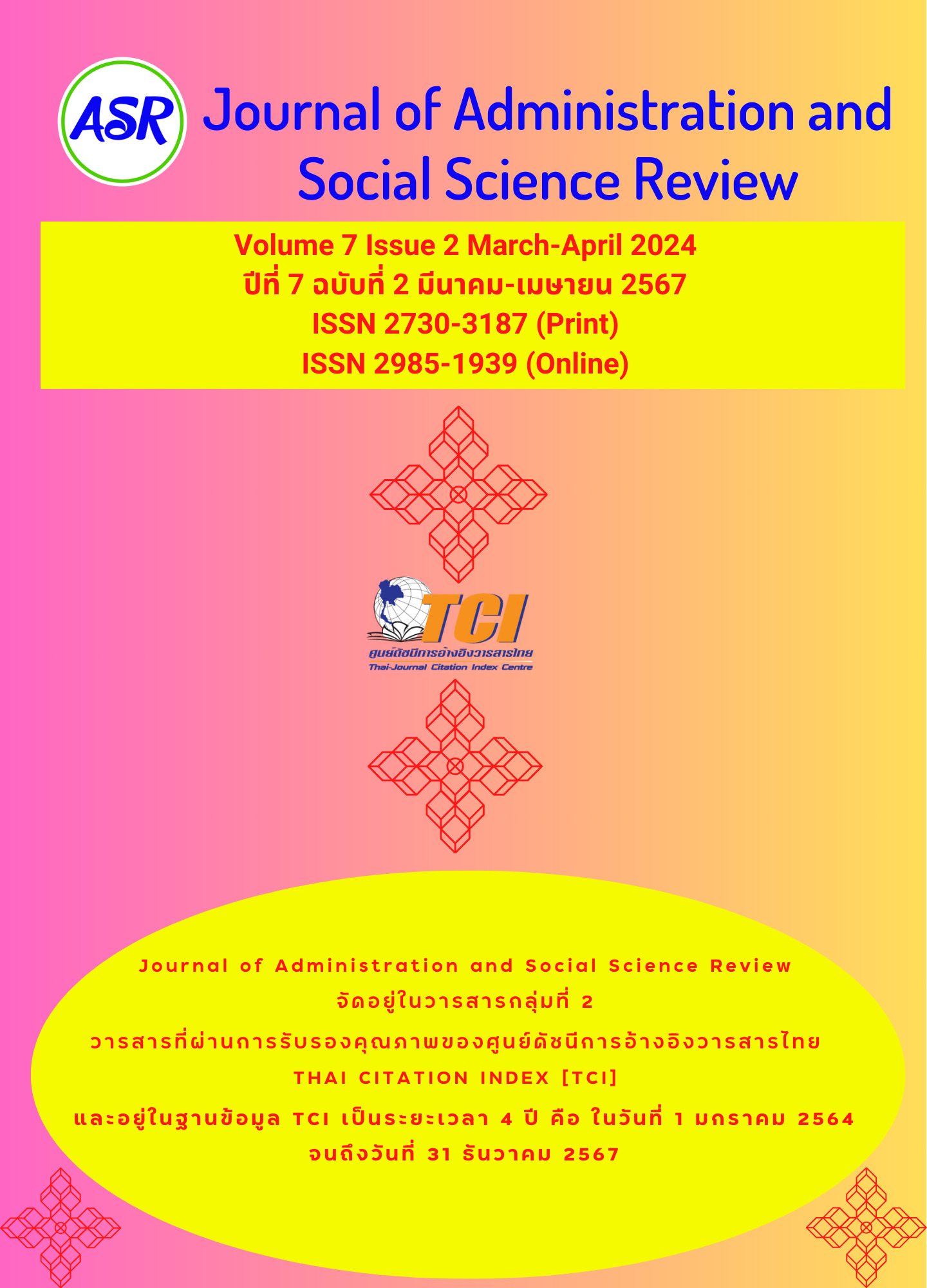Sustainable Model for Small School Development
Keywords:
development, small school, sustainable development in the whole systemAbstract
The objectives of this study were: 1) to study problems and development needs; 2) to develop teachers’ learning management styles appropriate in the context; and 3) to develop a strong parent network. There were 2 groups of samples used in the research. Group 1 was used to study the problems and needs, including administrators, teachers, school committees, and parents, totally 20 people. Group 2 was used to study the results of training activities for teachers, students and parents. There were 33 students and school committee members. The tool used to collect data was a community forum recording form, participatory observation form Interviews and small group meetings. Data were analyzed by means of the frequency, percentage and content analysis. The results showed that: 1) there are not enough teachers in every class, low academic achievement, and families did not have time to train students. They needed teacher development in learning management skills, creative media production, organizing learning-based activities for students and training to educate parents on raising teenagers. 2) The school development model was organized in three types: teacher training on active learning, organizing activities on 4 learning bases. Namely: Thai, Mathematics, Science and English and organizing activities to educate parents about Raising teenagers. Also, developing a strong parent network was by providing knowledge to parents and allowing them to exchange with each other, causing them to form groups to monitor students' unwanted behavior.



